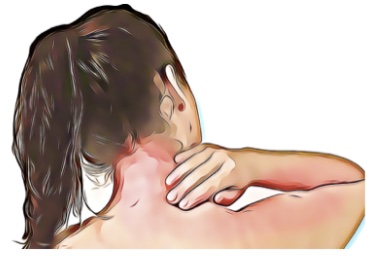Wry neck (also called torticollis) is a condition where the neck becomes twisted, often suddenly, and painful to move. It’s commonly due to muscular spasm, joint dysfunction, or sometimes neurological or congenital causes.
Cumberland Physiotherapy Parramatta Treatment for Wry Neck
Treatment will vary depending on whether it’s:
- Acute wry neck (sudden onset, muscular or facet joint)
- Chronic or congenital torticollis (long-standing or present since birth)
Here’s a breakdown of a typical Cumberland Physiotherapy Parramatta management plan for acute wry neck (most common):
1. Assessment
Cumberland Physio Parramatta will:
- Determine the cause (muscle spasm vs joint lock)
- Assess range of motion (ROM), pain level, and any neurological signs
- Rule out red flags (e.g., infection, tumor, trauma)
2. Pain Relief
Cumberland Physio Parramatta may use:
- Heat therapy to relax spasmed muscles
- Gentle manual therapy:
- Soft tissue massage to sternocleidomastoid, upper traps, levator scapulae
- Gentle joint mobilizations (if facet joint dysfunction is present)
- Dry Needling
3. Mobility Exercises (as tolerated)
Cumberland Physio Parramatta may prescribe exercises to improve and maintain your neck movement
- Gentle active ROM exercises:
- Side-bending, rotation, flexion/extension
- Neck stretches:
- Sternocleidomastoid stretch (if muscular cause)
- Levator scapulae and upper trapezius stretches
Note: Early on aggressive stretching is to be avoided.
4. Posture Correction
Cumberland Physio Parramatta may discuss ways to improve and monitor your posture:
- Education on ergonomic posture (e.g., sitting alignment, pillow height)
- Scapular retraction exercises
- Cervical spine neutral alignment
5. Strengthening (Later Phase)
Cumberland Physio Parramatta may prescribe strengthening exercises such as:
- Deep neck flexor strengthening (e.g., chin tucks)
- Shoulder girdle and scapular stabilisation exercises
6. Education & Advice
Cumberland Physio Parramatta will:
- Reassure: most acute cases resolve within 1–2 weeks
- Avoid sudden movements or sleeping awkwardly
- Stay mobile—don’t immobilise the neck unnecessarily

